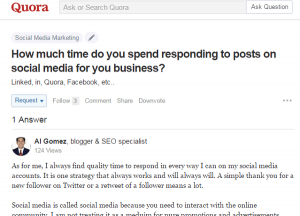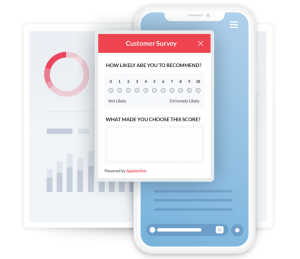— April 16, 2019
When it comes to receiving feedback about ourselves, most of us have shells as hard as a lobster. But that’s not necessarily a bad thing.
Consider a lobster’s life cycle and the role its shell plays. As it grows, the young lobster becomes too large for the shell that protects it. The lobster must then search for an area within the rocks on the ocean floor where it can feel relatively secure from any predators. Slowly, it begins to shed the shell that was stunting its growth.
When the shell is gone, just consider its plight. Its new shell, which began growing before the old one was shed, is still soft and provides little protection. During this time, the lobster is extremely vulnerable and at great risk from predators. It is completely exposed to the dangerous world of the ocean. Yet, the alternative would be worse. Without periodic shedding of its shell, the lobster would not be able to grow.
The Lobster and the Ego
Each of us has a protective shell. It’s called our ego. Just like the lobster’s shell, it protects us, but it can also prevent us from growing. Many of us, safe and secure inside our shells, are so worried about taking risks and being vulnerable that we may not grow. Because we are afraid of what we might find, we may avoid feedback and constructive criticism about our own performance. We may reject information about our work, our interactions with others, and our abilities and weaknesses. Ironically, when we hide so successfully from constructive feedback, we may prevent any feedback at all, including positive input.
Each of us has to periodically shed our protective ego and open ourselves to feedback, both favorable and unfavorable, in order to grow. Like the lobster, it is healthy and progressive to find a safe place and voluntarily leave your old, worn-out shell. Yes, you will be vulnerable and the process may hurt a bit, but your potential growth and improvement are worth the risk.
Stress or Adversity Signals Time for Growth
A lobster doesn’t shed its shell at a specific and prescribed time. Rather, the impetus for the lobster to grow is the tightness of the existing shell and the discomfort the lobster feels. The lobster knows something needs to change in order to achieve the next level of growth, but the process of growth is painful and messy.
Like lobsters, our signals to grow or change come from moments of insight, adversity, or from new challenges or assignments. Many of us might prefer to be the person who receives either no feedback or only positive feedback, but can you imagine how small that would keep you? Always playing it safe, and never being challenged would not help you learn, develop, and position yourself in the greatest place to grow your potential.
The Purpose of Feedback
The point of feedback, whether positive or constructive, is to enable personal and professional success. Feedback is not strictly limited to the workplace, but it often comes up during a performance review, or when a team member is frustrated by our actions.
In order for feedback to have an impact, it does challenge us to let loose our shells and wiggle free of those things that have been holding us back. And, like the lobster, effective feedback creates a vulnerability that may feel like too much to handle at the moment. Yet, the feedback has the power to make us even stronger and better than we thought we could be.
All Feedback is Good
Carol Dweck, author of Mindset: The New Psychology of Growth, has focused her work on learning and development in the educational setting, yet it translates directly into the workplace. According to Dweck, the development of a growth mindset – the idea that we have the capacity to learn, grow, and change is necessary if we want to improve. Approaching feedback with a growth mindset versus a fixed mindset allows us to be grateful for the feedback.
We grow by opening ourselves up to feedback. This vulnerability is how we become better managers, better leaders, and better people. The next time someone gives you feedback that makes you uncomfortable, remember the lobster and consider the feedback rather than let it bounce off your shell. It just may be the information you need to hear in order to reach your fullest potential.
Business & Finance Articles on Business 2 Community
(69)





